Dogs are often known for bad breath; mouth infections can make it worse. Mouth infections can cause extreme halitosis due to bacteria and pus in the mouth. In addition, mouth infections can put your dog at risk for serious health issues. If you suspect your pooch has an infection in its mouth, take it to a veterinarian instantly.
Significance
Mouth infections in dogs can be quite serious, as the bacteria can enter the dog's bloodstream under its gums. The bacteria can then affect some of the dog's vital organs, including the heart and kidneys. Typically, the infection will occur within the tooth or on the gums.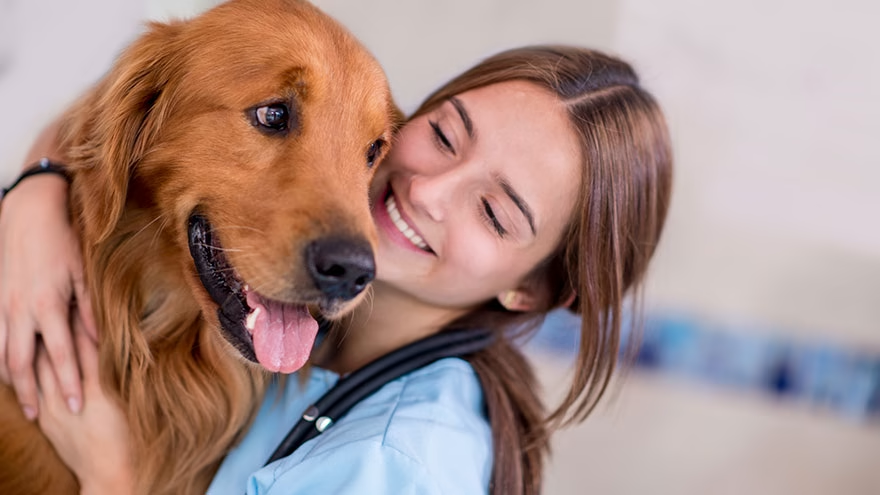
Symptoms
Dogs can display a variety of symptoms if they have mouth infections. Typically, the dog will be reluctant to eat or may chew gingerly, states Dr. James Farnham. A dog with a mouth infection may bleed from its mouth or have a swelling in its face.The dog may act like it doesn't feel good or can have a change in its behavior. In addition, there may be a change in the smell of the dog's breath or the dog may become sensitive or defensive around its mouth.
Cause
According to the Pawprints and Purrs website, canine mouth infections are often the result of an accumulation of tartar on the dog's teeth. The tartar pushes the gums away from the roots of the teeth. Because of this created space, the teeth loosen in their sockets and allow infection to enter the root sockets. The teeth may either then fall out or create an abscess due to the infection.
Treatment
Your dog's veterinarian may prescribe antibiotics to alleviate the infection; however, if the tartar is not removed from the tooth, the infection will likely continue to reoccur. If the tooth is severely infected, the doctor may need to extract the tooth and clean the socket. The doctor might also prescribe pain medication for your pet.
Prevention
Preventing mouth infections usually consists of measures that remove and keep tartar from accumulating on your dog's teeth. Brushing your dog's teeth daily will help prevent build-up, as will routine teeth cleanings performed by a veterinarian. In addition, feeding your dog hard foods and treats will help knock off some build-up and will keep future tartar from accumulating. Giving your dog a hard toy to chew on, especially those that are developed to prevent tartar build-up, will help to prevent tartar-induced infections.You Might Also Like :: Normal Glucose Levels for Dogs

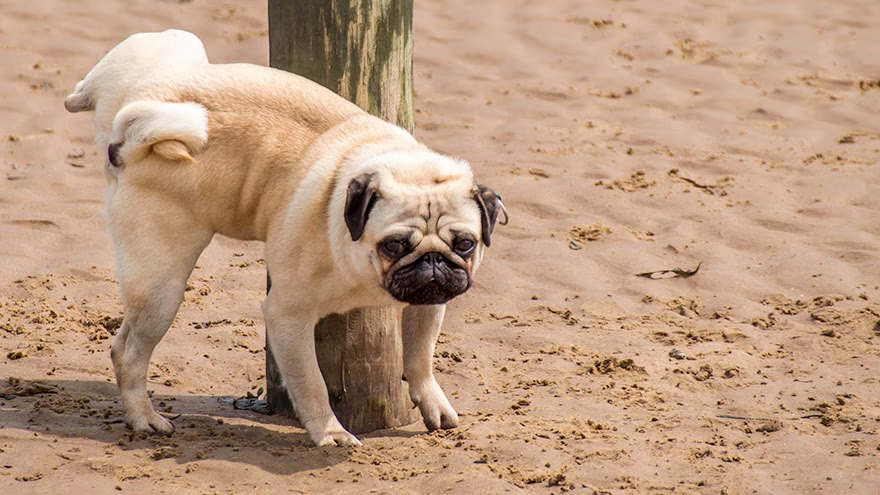
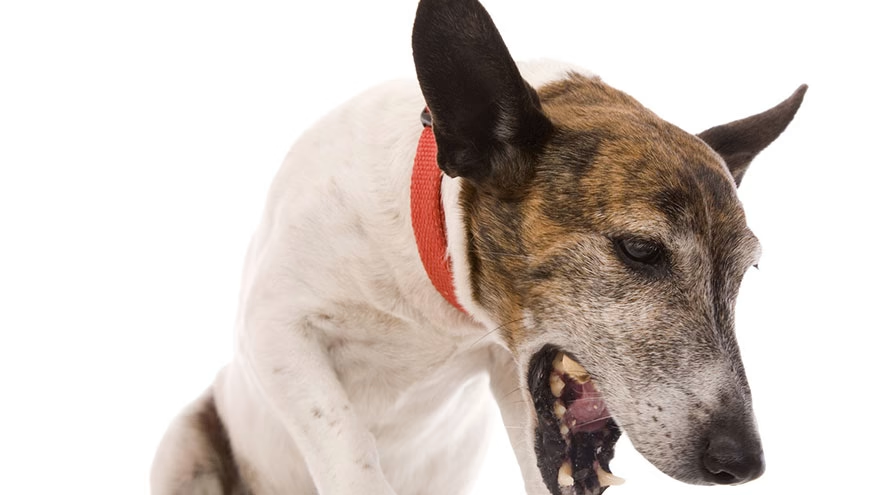
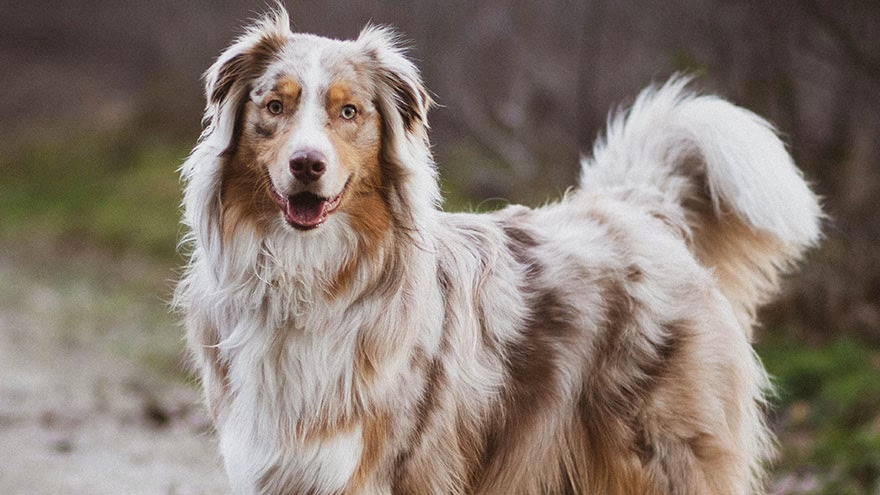
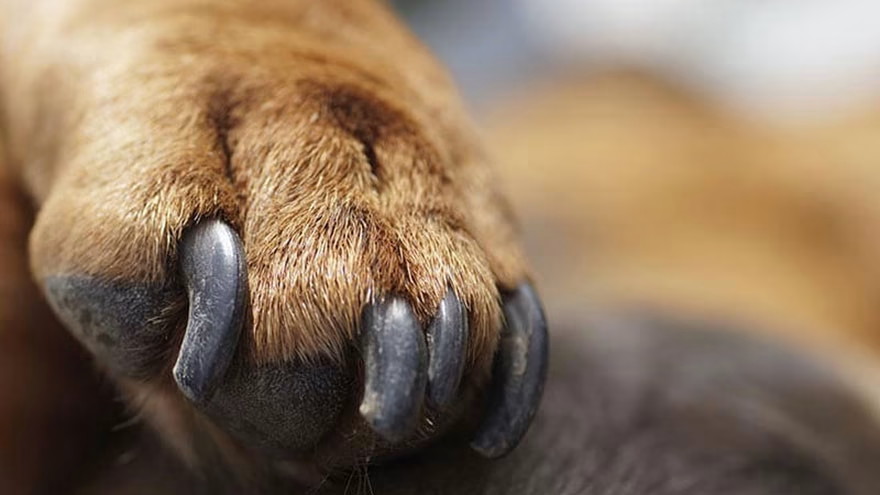
0 Comments
No comments yet. Be the first to share your thoughts!
Leave a Comment